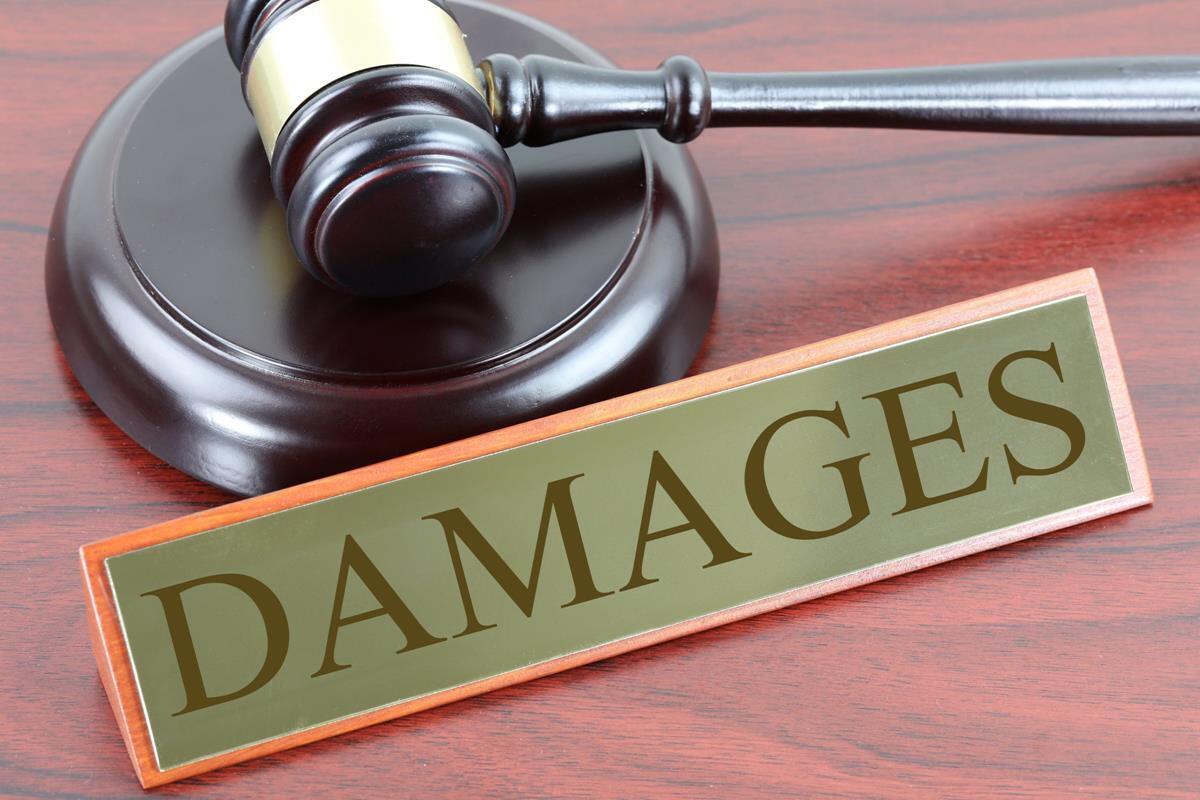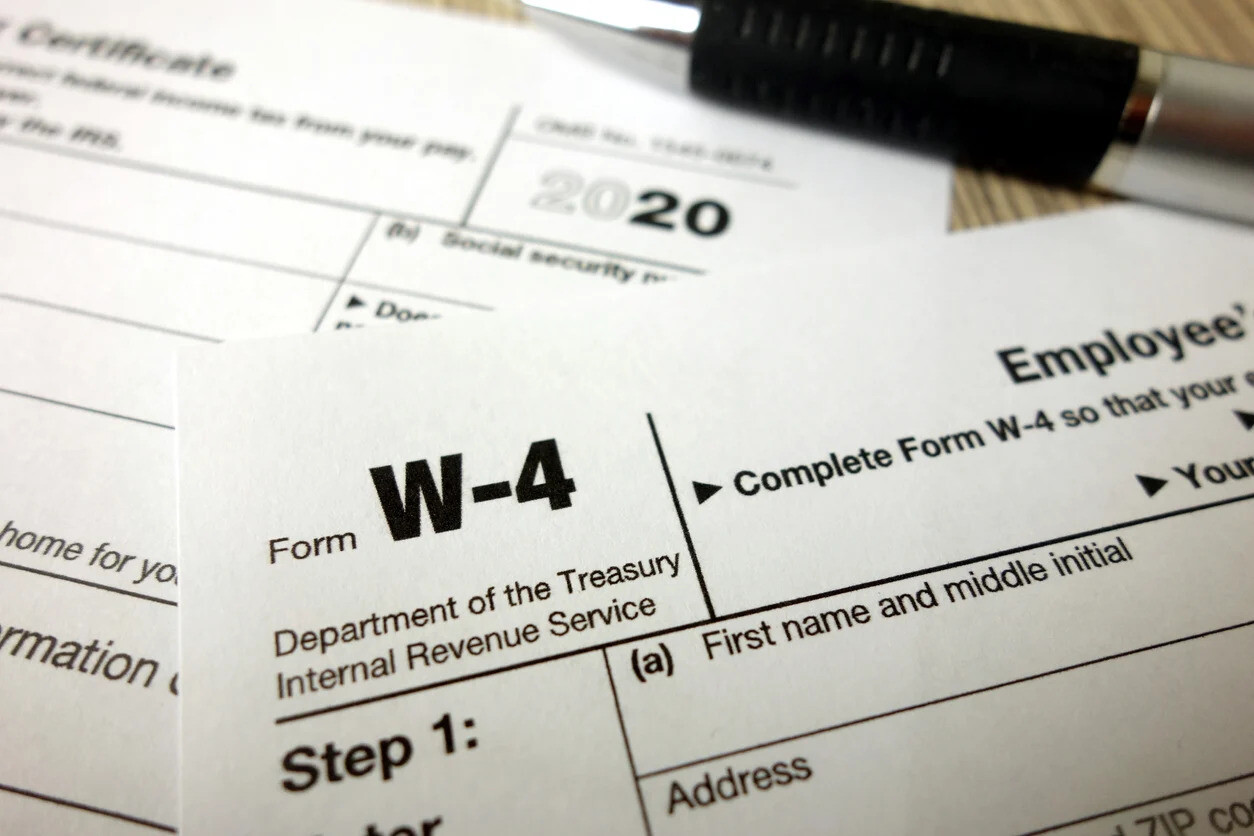[vc_row][vc_column][vc_column_text]A lawsuit filed in El Paso County last week alleges that a Colorado Springs police officer pepper sprayed a 17-year-old girl twice while she was handcuffed in the backseat of a police car. The lawsuit alleges that on Oct. 17, 2020, Amara Keens-Dumas was approached by officers Ryan Yoshimiya and Brianna Ragsdale around 3 a.m. after someone told police that Keens-Dumas had gotten into a verbal altercation with her boyfriend. Officers responded to the scene but were asked by Keens-Dumas' brother to leave. But 45 minutes later the officers returned to the house when Keens-Dumas began crying in the street, the lawsuit states. The lawsuit states that two officers handcuffed Keens-Dumas and forced her against the side of their police vehicle. When Yoshimiya touched her leg, despite Keens-Dumas asking him not to, it triggered a "trauma response" because she was a victim of rape, something her brother had told officers…









